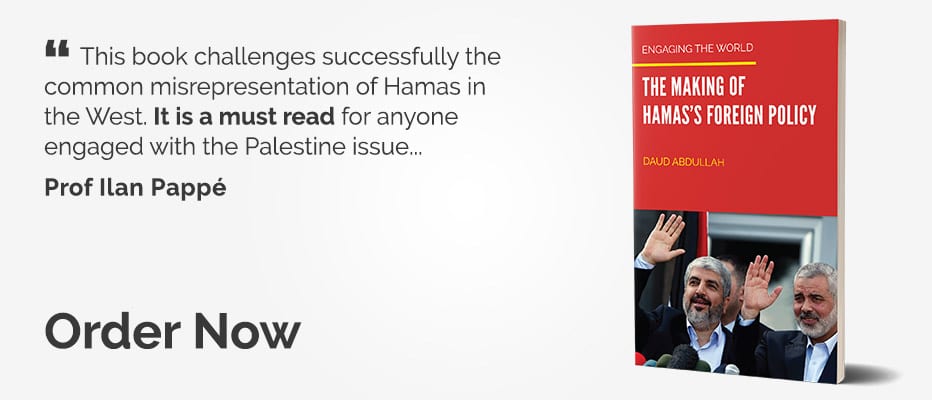Human Rights Watch slammed Spain and Morocco on Thursday for failing to credibly investigate the Melilla border tragedy a year ago, claiming there has been "no justice" for the deaths, Anadolu Agency reports.
"Both Spain and Morocco have exonerated their security forces following flawed or insufficient investigations into the violence at the Melilla enclave border," said Alice Autin, Europe and Central Asia researcher at the human rights organisation. "And what happened to dozens of the people who attempted to cross on that day is still unknown."
On 24 June, 2022, around 1,700 men, mostly from Sudan, South Sudan and Chad, tried to scale the fortified border fence separating Morocco from Spain.
That action was met by violence from Spanish and Moroccan authorities. Videos showed officers beating migrants, throwing rocks, firing tear gas and rubber bullets at close range, and forcing the migrants to lie on piles on the ground.
Many who were clearly in need of medical assistance had to wait hours, lying face down on the ground. Some had already died.
READ: 37 migrants died while storming Spain's Melilla, says rights group
According to UN experts, at least 37 people were killed that day. Moroccan human rights association, AMDH Nador, said 77 people are still missing.
A man from Sudan told Human Rights Watch how his 23-year-old brother, Ahmed, went missing during the crossing. He was not sure if Ahmed was gone, dead or in prison.
"What I am experiencing, it's the same for everyone who lost track of people on that day," the brother said.
AMDH Nador said that, while Moroccan authorities conducted autopsies and DNA tests on 23 bodies, only one person has been identified and buried. The organisation also said a further 87 people involved in the crossing were convicted on charges such as illegally entering Morocco and violence against officials.
Ahmed's brother, for instance, reported that Moroccan authorities asked his family to share DNA samples, but that the armed conflict in Sudan made it difficult for his family, which lives far from Khartoum, to travel and take the test. According to Human Rights Watch, others who tried to reach Morocco to look for their missing relatives have been denied access or forced to go through lengthy administrative procedures.
Human Rights Watch also said neither Spain nor Morocco sufficiently investigated the incident.
In October, the UN released a statement saying the incident reveals how the EU uses "racialised exclusion and deadly violence" to keep "non-white populations" from crossing its borders. "The lack of meaningful accountability for the 24 June deaths and injuries makes it difficult to conclude otherwise," read the statement.
Despite the historic carnage at the borders, Spain and Morocco in February announced "intensified" cooperation around migration.
On Wednesday, almost a year after the Melilla border crossing, 39 people are feared to have drowned trying to cross in a rubber dinghy from Morocco to Spain's Canary Islands.
According to Walking Borders, a non-governmental organisation, the migrant ship was begging for help for 12 hours. However, amid poor communication between the two countries, the response was fatally delayed and Morocco was only able to rescue 24 people.
READ: Morocco slams EU official for describing cities of Ceuta, Melilla as 'European'

![Flowers are laid on the ground in memory of migrants who died at the Spanish-Moroccan border [Pablo Blazquez Dominguez/Getty Images]](https://i0.wp.com/www.middleeastmonitor.com/wp-content/uploads/2022/06/GettyImages-1405280633-1.jpg?resize=1200%2C800&quality=85&strip=all&zoom=1&ssl=1)

